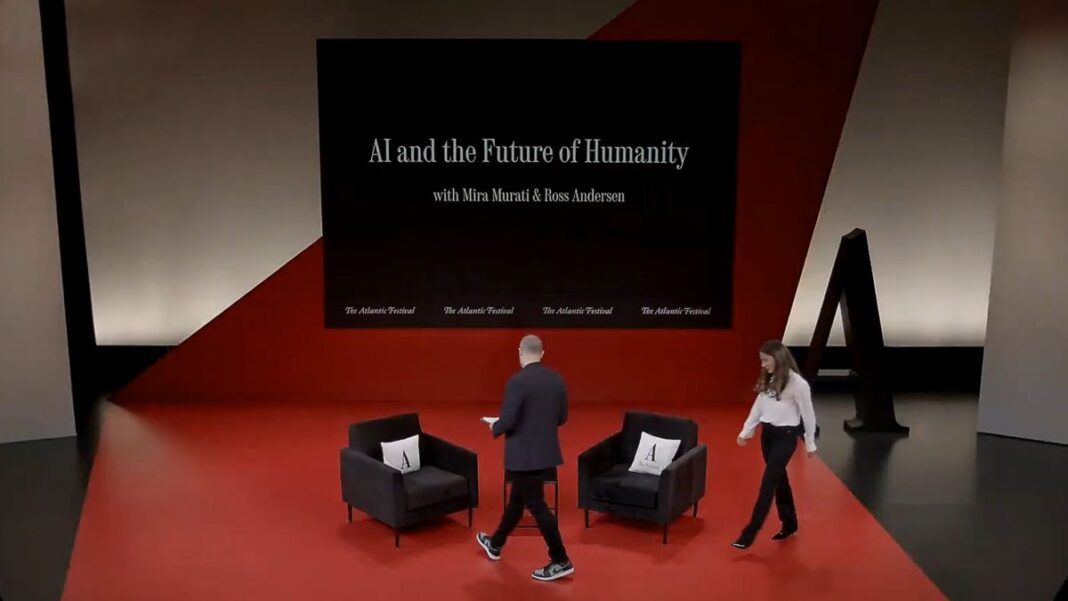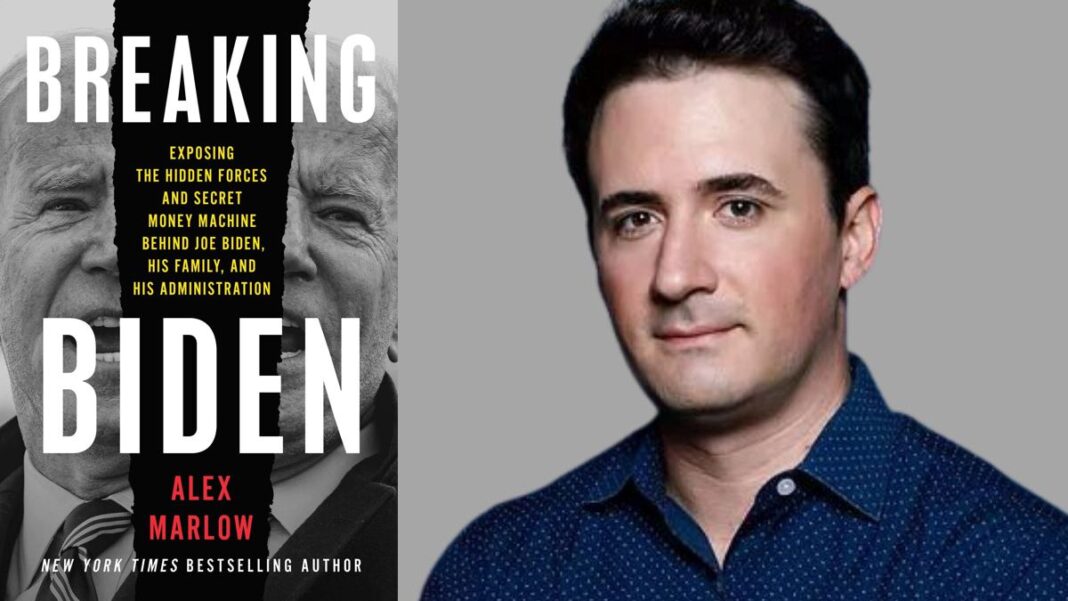‘There is a significant risk in developing them wrong, in a way that really doesn’t enhance our lives and in fact it introduces more risk,’ she said.
A senior executive at the non-profit Open AI has warned that, as well as the potential existential threat posed by artificial intelligence (AI), the technology is also “extremely addictive” and that humanity could become “enslaved.”
Mira Murati, who serves as the non-profit’s chief technology officer (CTO) and who has been touted as the “Most Powerful Woman in AI,” said during an interview on Thursday at The Atlantic Festival in Washington D.C. that the technology’s ability to pinpoint users likes and interests risks making it even more addictive than already existing technologies such as social media and computer games.
“With the capability and this enhanced capability comes the other side, the possibility that we design them in the wrong way and they become extremely addictive and we sort of become enslaved to them,” she explained.
The Albanian-born businesswoman also emphasized the need for researchers to identify how people respond to addictive technology to mitigate the potential risks.
“We really don’t know out of the box. We have to discover, we have to learn, and we have to explore,” Ms. Murati explained. “There is a significant risk in making them, developing them wrong, in a way that really doesn’t enhance our lives and in fact it introduces more risk.”
“I think about it in terms of trade-offs: How much value is this technology providing in the real world and how much we mitigate the risks,” she continued.
The 34-year-old also discussed the inevitable impact that AI has on the labor market, with millions of workers likely to lose their jobs due to automation. According to a study by Goldman Sachs released earlier this year, that figure could be as high as 300 million.
“Just like every major revolution, I think a lot of jobs will be lost—probably a bigger impact on jobs than any other revolution,” Ms. Murati said. “And we have to prepare for this new way of life.”
By Benjamin Kew







